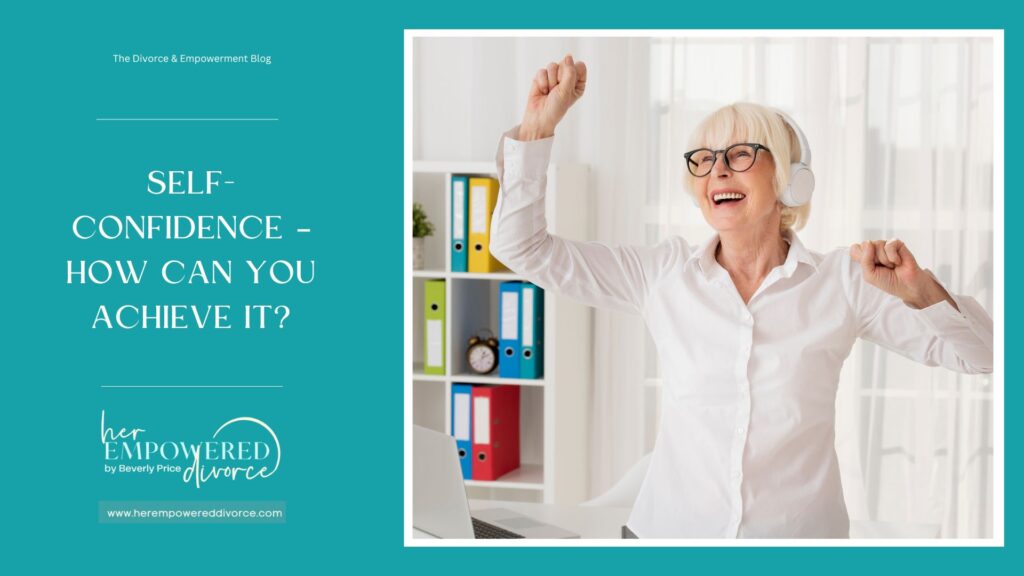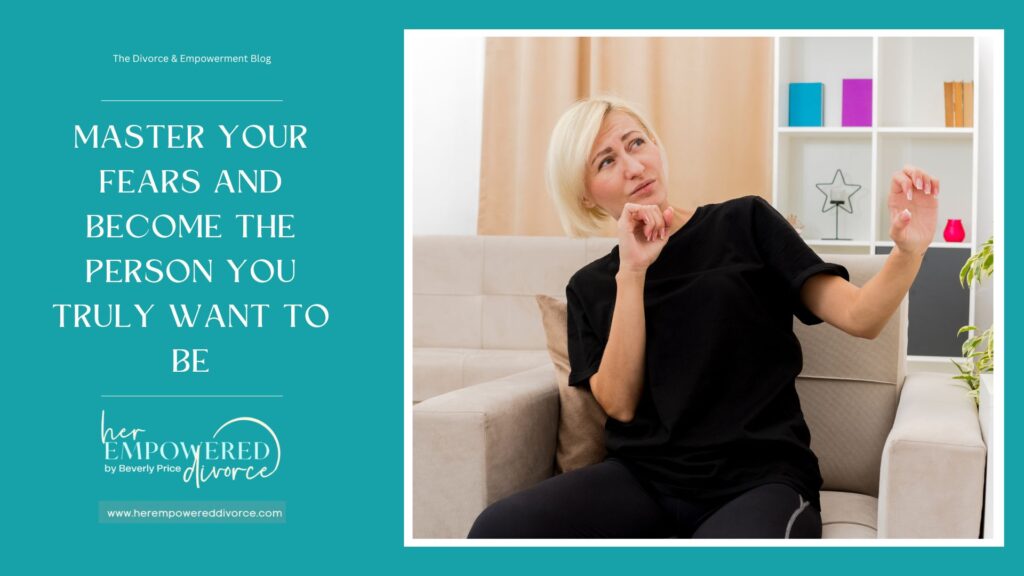A person’s self-worth is their “perceived value in one’s own right.”People can place value on themselves and evaluate their worth in various ways, some of which are more psychologically healthy than others. I will tell you about the importance of having a healthy sense of self-worth, the steps you can take to cultivate that sense, and why so many of us struggle with this. Words like “love,” “respect,” and “consideration” come to mind when we examine our connections with those closest to us: our friends, family, coworkers, and neighbors. But “self-worth” measures how much we cherish and appreciate ourselves. People who believe in themselves tend to be more assured of their abilities and value themselves more highly. Instead of focusing on one’s strengths and accomplishments, people with low self-worth tend to be critical of themselves and dwell on their flaws.
What is self-worth?
If you don’t know what self-worth is, it’s hard to appreciate its importance. And it’s one of those things that everyone “kind of” knows but nobody can define. Here is the very minimum of information needed to get going; we’ll go into the nitty-gritty of self-worth in a later lesson. Having self-worth means being happy with oneself apart from the approval or disapproval of others. Many people, even those who are pretty successful, have trouble with this. One survey found that 85 percent of participants had difficulty feeling worthwhile. We’ll talk about some ways to boost your confidence later on.

A strong sense of self-worth is a priceless psychological asset that can open doors to tremendous success, happier relationships, and greater happiness. A lack of self-respect increases the risk of depression, failing to reach one’s full potential, and tolerating abusive relationships and conditions.
However, when we have a self-love problem, we develop a smug attitude of entitlement and cannot grow from our mistakes. Clinical narcissism, characterized by selfish, boastful, and manipulative behavior, is another possible explanation. There may not be any self-help issue with as much advice and as many (often contradictory) theories.
Differences Between Self-Worth and Self-Esteem
Though “self-worth” is sometimes used interchangeably with “self-esteem,” Dr. Lisa Firestone argues that the focus should be less on how others see you and more on your inherent value.
How to improve self-worth
To boost your confidence, you need first silence your inner critic and stop judging your every move. The critical inner voice acts like a mean coach who is always yelling at us to stop thinking negatively about ourselves and positively about others. The self-deprecating “inner voices” we all have can cause us to act in ways that further damage our feeling of self-worth.
suggestions for improving self-worth
Follow your interests and strengths: Positive reinforcement, emotions of expertise and capability, and enjoyment can all result from mastery of a pleasurable activity. The confidence you gain from being constantly reminded of your many beautiful qualities may be used in all aspects of your life.

Take on new challenges and exercise regularly; doing so has been shown to boost self-esteem. Moderate physical exertion and pursuing progressively more challenging goals over time demonstrate your true potential. Physical activity not only has health benefits but can also reset your perspective.
Disputing unfavored ideas
Keep in mind that your own opinions are not facts. These are typically distortions brought on by self-criticism, anxiety, or other environmental factors. If you think something wrong with yourself, try to replace it with a more reasonable alternative.
Value yourself
If you feel like your low self-esteem is interfering with your personal life, career, or general happiness, therapy may help. When you don’t value yourself, it’s as if you’re looking at the world through squinted eyes. Sometimes people become resigned to their confined situation and begin to doubt that they deserve better. A trained professional’s objective, the expert viewpoint can be invaluable in these situations.

Low self-esteem often has its roots in the actions of adults during childhood, no matter how well-intentioned those actions may have been. As a parent, you should try to boost your children’s confidence. Recognize and laud internal elements like effort and determination rather than rewarding them for external factors like attractiveness or winning sports events or awards. If your child’s self-esteem relies exclusively on external variables, such as the next accomplishment, it is essential to help them focus on what they can control.
Believe in yourself
A strong sense of self-worth is crucial since it can lead to improved relationships, careers, health, and mental and emotional wellness. A more positive self-perception is possible if you take action if you suspect you have poor self-esteem. The first step in earning the love, respect, and concern of others is often making such things for oneself.
Start saying ‘no’
Those with low self-esteem are more likely to agree to things they do not want to because they believe they must. Overwork, resentment, anger, and depression are all possibilities. A simple “no” rarely causes problems in interpersonal interactions. Saying “no” repeatedly in different ways can be effective.
Adopt CBT (Cognitive Behavioral Therapy)
It is possible to overcome your feelings of worthlessness using cognitive behavioral treatment (CBT). Once you’ve pinpointed the negative concepts, you may replace them with constructive ones and start making progress. They also discovered several benefits that appear evident at first glances, such as the convenience of accessing a platform like BetterHelp from the privacy of one’s own home or any other location with an internet connection. In many cases, the cost of therapy can be reduced by using online CBT.

The majority of people rarely consider their self-worth. They don’t usually think about it. And yet, it’s so important to us that it plays such a pivotal role in our daily existence. Our lack of confidence is like a bright banner flying over our heads. That’s why I think it’s about time we start paying attention. OK, so let’s get going right now. While you may not see immediate results as soon as you start using these strategies, you’ll see benefits.
Accept thoughts and emotions as they are
Just let whatever you’re feeling or thinking be what it is. Avoid passing judgment on them. They do not define us, and they do not affect us. They bubble up from the inside and find outlets in the physical and mental realms. They are temporary and subject to alteration.
Eliminate “should” from your vocabulary
Get rid of “should” from your lexicon The word “should” is judgmental. Think critically, especially about your “shoulds” or obligatory ideas. Question them. When you replace “shoulds” with “could,” what changes? Does it allow for more flexibility or less judging?
Do not look to other people to validate you
Unhappiness is guaranteed if you count on them. There needs to be an inward shift where we decide our fate and become the only ones controlling our power. We are not valuable because of anything we are called, where we work, or who we know. This technique refers to influences from the outside world. We must ensure that even if something or someone important is taken away, we will not lose our sense of self-worth.
Forgive
We have to permit ourselves to forget our mistakes. Feelings of embarrassment, remorse, or shame can devastate our sense of value and worth. It’s far simpler to extend mercy to others, but we need to be just as forgiving to ourselves.
Think about the skills you possess
Everyone is put on this earth to do something special. In reality, we all possess a wide variety of skills that can be put to good use. These require our attention. Begin with the basics if we can’t even guess these skills. In what ways do we excel at the basics? Enjoy? How do we improve the quality of life for those around us? Don’t forget to rejoice in these; they’re the foundation on which our sense of self rests.
These five techniques are straightforward but require focus and persistence to implement well. The rewards of a life of inner peace and contentment far outweigh the time and energy needed to achieve them, I promise. More self-assurance will result in beneficial changes in your personal and professional life. Keep in mind that similar things attract each other. You’ll meet other like-minded people if you take care of yourself and feel secure.
Low Self-Esteem and Its Three Possible Consequences
- Negative self-perception and a lack of confidence are hallmarks of low self-worth. This results in an overwhelming anxiety about making mistakes, an inability to take compliments, and an unhealthy preoccupation with flaws.
- Since many people have a low opinion of themselves, they often try to boost the status of those around them to make up for it. Consequently, a person with low self-worth may downplay their own needs, fail to assert their boundaries, go out of their way to satisfy others, and lack the confidence to speak up for themselves.
- Low mood, irritation, anxiety, exhaustion, changes in weight, trouble sleeping, and inability to focus may follow.
Five ways to believe in yourself
Having a solid sense of self-worth has numerous sound effects, including reducing the risk of mental illness. You may have everything you need and more if you treat yourself with respect no matter what others do or say. You can give it your all and succeed. At any point in time, you can improve your quality of life to the maximum extent feasible. Here are a few of the advantages that come with it:

If you don’t value yourself, decision-making can be excruciating. You may be second-guessing your intelligence or perception. Perhaps you fear the consequences of a wrong decision and believe the odds are stacked against you. One can choose the most intelligent option after coming to terms with their value. You can determine whether this is when you want to take a moderate, considerable, or no risk. You choose immediately and don’t wait for someone else to do it. Whatever the outcome, you know that your life counts. What you choose right now is the best choice, even if hindsight shows you made a mistake.
Be more open and honest
When you value yourself more, you are less likely to try to hide your true self from others, which makes for more open communication and deeper connections. As such, it’s essential to put in the effort to cultivate healthy romantic, professional, social, and familial bonds. People tend to be more truthful around you when you have high regard for yourself.
Quit Being So Hard on Yourself
The fear of criticism can lead us to be harsh judges of ourselves. Just recall the painting we looked at earlier. You may improve your sense of self-worth even without the approval of others by focusing on the positive aspects of your personality and artwork. Always remember that there is a significant gap between recognizing your weaknesses and being critical of yourself. First, there is a problem-solving exercise. The second’s sole objective is to lower your self-esteem.
Focus on your success
The best method to recover your sense of worth after experiencing a traumatic event is to focus on the positive aspects of the role or scenario in which you find yourself. You could feel guilty about missing your kid’s dance performance. Rather than relying on that one incident to determine your parenting abilities, consider other, more substantial indicators that point to your success as a parent.

One of the simplest ways to improve one’s sense of worth is to become more adept at accepting praise. Consider where someone praises your painting skills because of a likeness they see in it. You focus on the problems rather than viewing them from their perspective.
Summary
A positive self-image is crucial to one’s social and professional success and physical and mental health. A more positive self-perception is possible if you take action if you suspect you have poor self-esteem. If you want other people to love, respect, and value you, it helps first to love, respect, and appreciate yourself.



